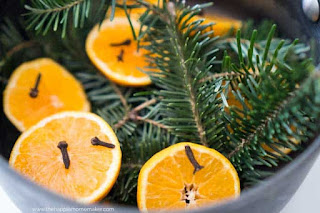Smell as the Indescribable
Reading Ackerman’s chapter on smell was eye-opening (nose-opening?), as she described smell in ways I had never really thought of before. Smell is the most direct sense; when we smell something, it’s, as Ackerman puts it, “immediate and undiluted by language, thought, or translation.” Despite this, smell is also the most difficult to describe. We often describe it indirectly using other smells and senses for comparison. A few days before this class started, my mom and I were having a conversation about this very subject. I remember she had brought up the example of an orange and how it’s so hard to describe what an orange smells like unless you have smelled it before. You could say “fruity” or “citrusy,” but again, these are descriptors that rely on previous scent knowledge.
Another interesting aspect about smell that Ackerman brought up was that scents and “perfumes have obsessed every culture and religion.” Her chronicle of scents throughout time shed light on so many different ways that people have used and valued (or not valued) scent. Her comments inspired me to think about the importance of scents in holidays. Smells can certainly signal or be associated with particular religious traditions. For me, the scent of pine trees is closely aligned with the celebration of Christmas, as well as simply being a scent that I am fond of. Even though my family and I don’t get a real Christmas tree, we simulate the pine tree scent by placing small scent sticks in the tree. It’s fascinating to think about how the pine scent has come to be used in so many different products. It’s in air fresheners, candles, oils, deodorant, perfume. Overall, I don’t think I have a super great smell memory, but on occasion, I do smell something and feel a sense of nostalgia or déjà vu. And I doubt that the winter season and Christmas would be the same without our woody scented candles.


Comments
Post a Comment